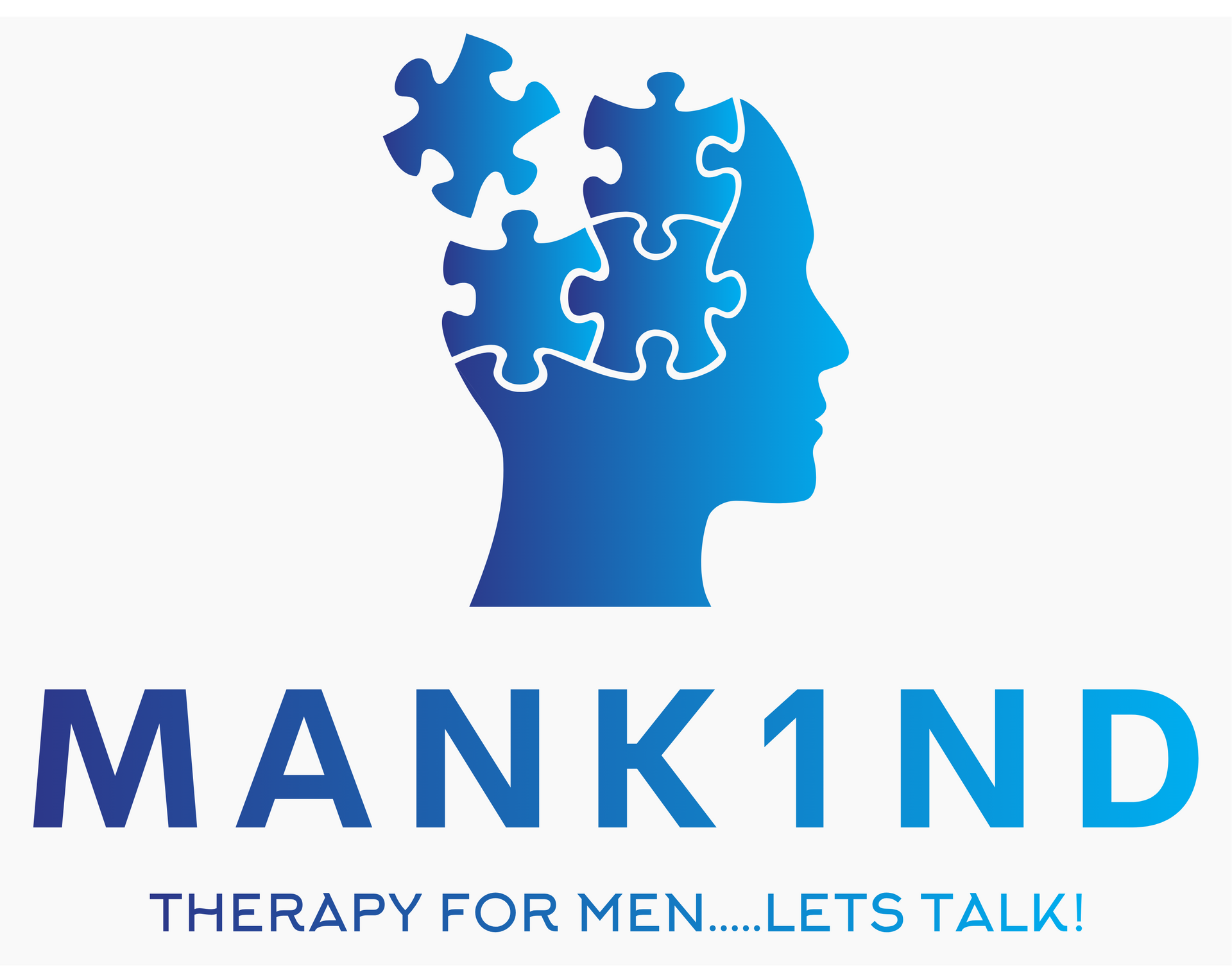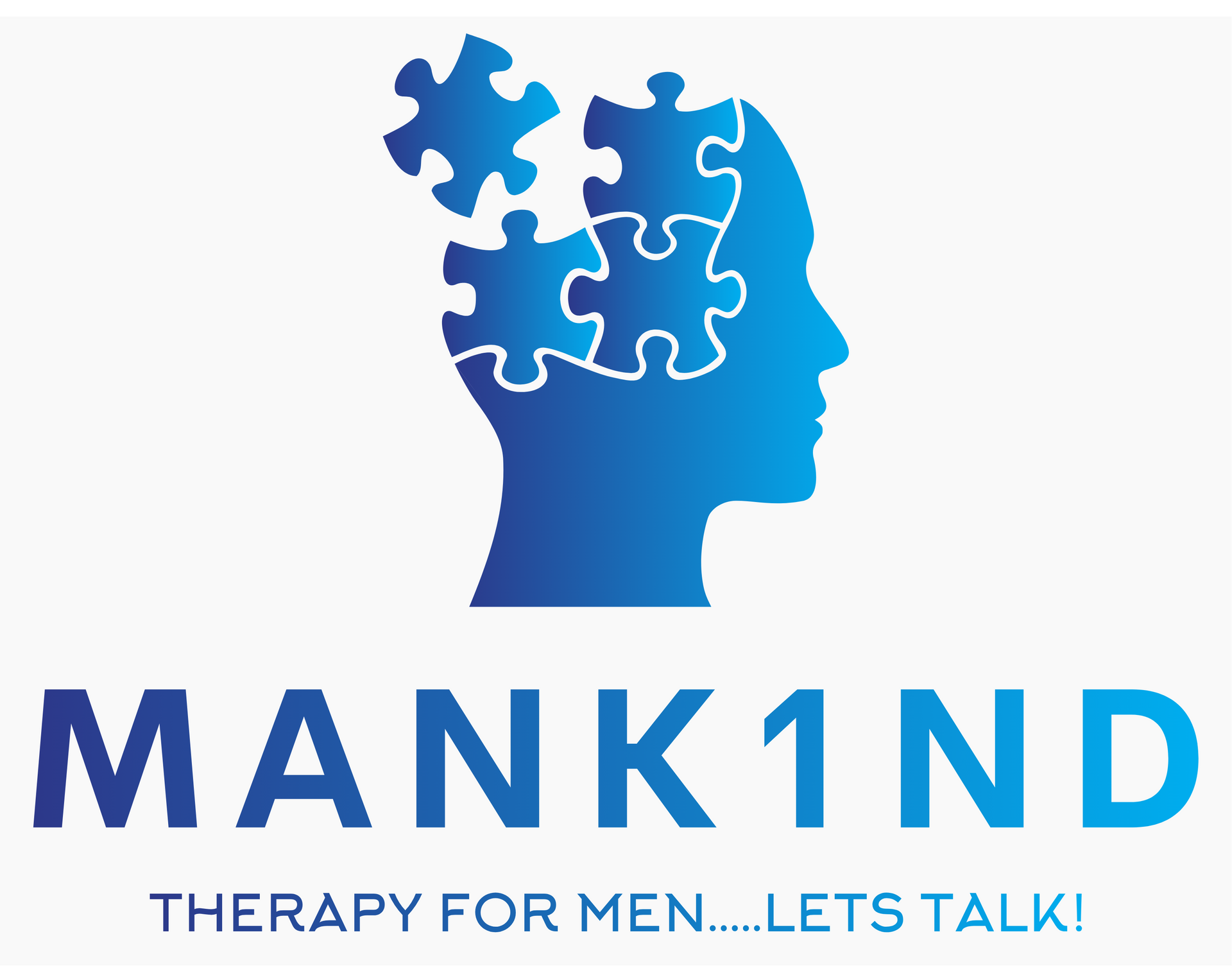
Removing the stigma..
Counselling is a form of one to one therapy that involves a professional counsellor working with an individual to help them explore their thoughts, feelings, and behaviours. The goal of counselling is to provide a safe and supportive environment in which clients can express themselves, gain insight into their problems, and develop strategies to improve their mental health and well-being.
Counselling can be used to address a variety of mental health issues, including anxiety, depression, relationship problems, trauma, and addiction. It can also be used to help individuals cope with major life transitions, such as divorce, loss of a loved one, or a job change. Counselling may involve a combination of talk therapy, behavioural therapy, and other therapeutic techniques.
One of the key aspects of counselling is the therapeutic relationship between the client and counsellor. Counsellors are trained to be empathetic and non-judgmental, providing a safe space for clients to share their thoughts and feelings without fear of criticism or rejection. This relationship is built on trust and confidentiality, with the counsellor keeping the client's personal information private and respecting their autonomy and choices.

How does our 1-2-1 counselling work?
During our counselling sessions, we will use a variety of techniques to help you work through your issues.
These will include:
- Talk therapy: This involves engaging in a dialogue about the your thoughts, feelings, and behaviours. We will ask open-ended questions to encourage you to explore your emotions and provide insight and guidance as needed.
- Behavioural therapy: This type of therapy focuses on changing specific behaviors that may be contributing to your problems. We will work with you to identify triggers for problematic behaviours and develop strategies to change them.
- Cognitive therapy: This type of therapy focuses on changing negative or irrational thought patterns that may be contributing to your problems. We will work with you to identify and challenge negative thoughts and develop more positive ways of thinking.
- Psychodynamic therapy: This type of therapy explores your unconscious thoughts and feelings, often drawing on past experiences and relationships to understand your current issues. We will use techniques such as free association and dream analysis to help you to gain insight into the inner workings of your mind.
Depending on your preferences, you’ll also have the option of setting up a voice or video call.
Our therapy topics include (but are not limited to) the following:
- Drug and alcohol addiction
- Anger management
- Stress, anxiety, depression, OCD
- Divorce, adoption, infertility, infidelity
- Religious and spiritual counselling
- Bereavement, childhood trauma, PTSD
Overall, counselling is a powerful tool for improving mental health and well-being. By providing a safe and supportive environment for clients to explore their thoughts and feelings, counsellors can help individuals develop the skills and strategies they need to overcome their challenges and lead fulfilling lives. If you are struggling with mental health issues or life transitions, counselling is the best and most beneficial option to consider.


